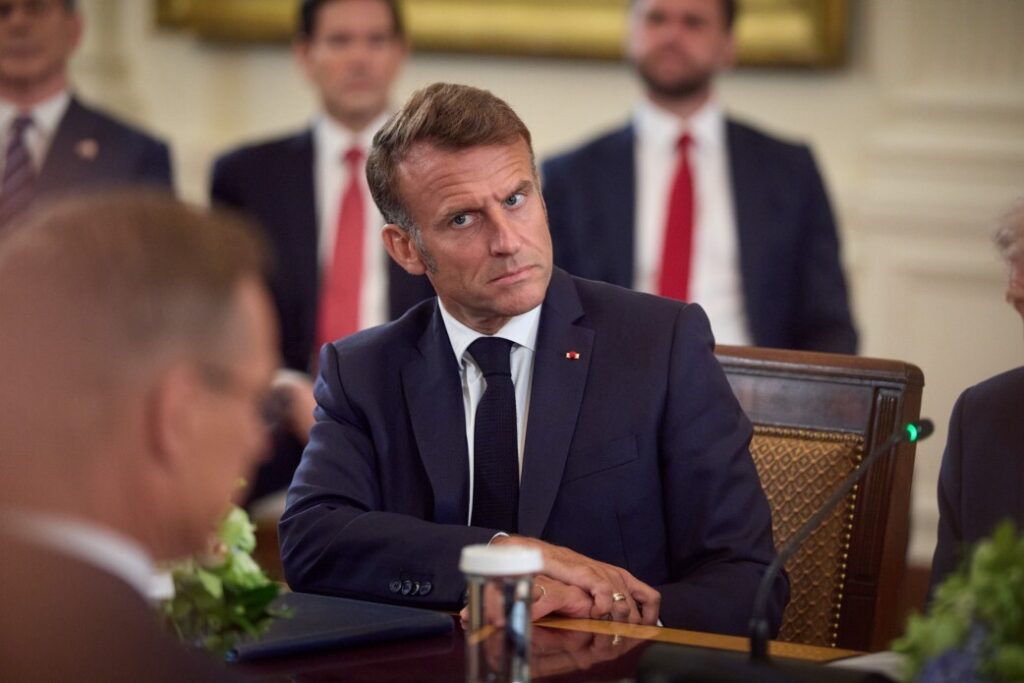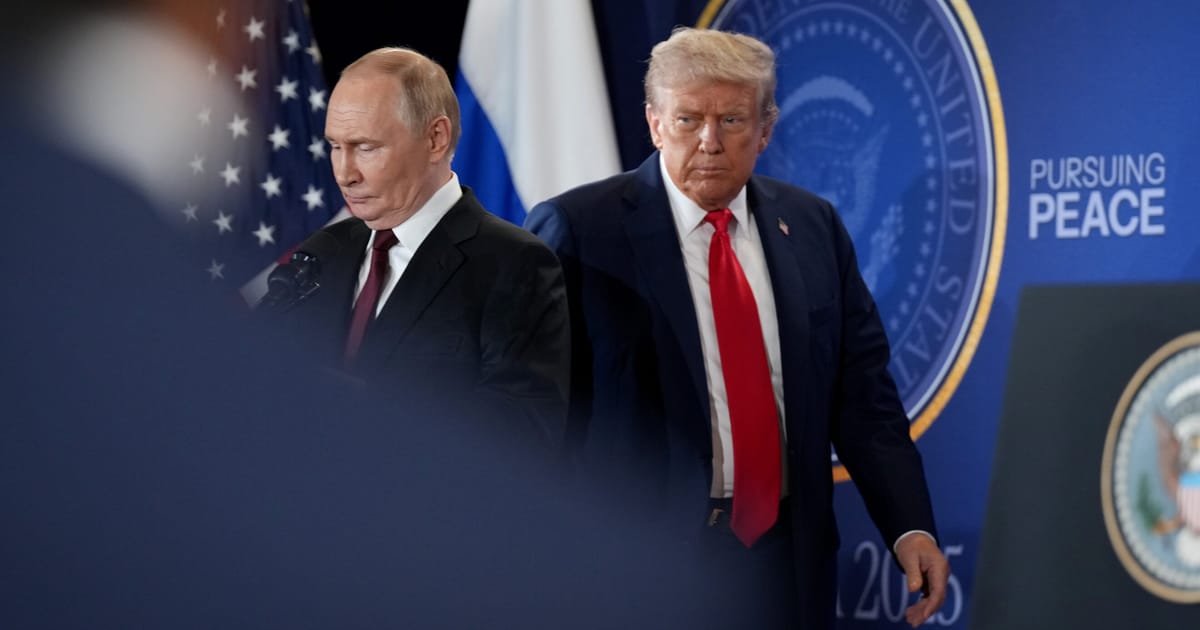No doubt the pair don’t like each other. Zelenskyy has every right to despise Putin, the imperial czar responsible for an invasion of his country that’s featured war crimes and seen tens of thousands of Ukrainian combatants and civilians killed and injured, as well as around 20,000 children spirited off to Russia to be indoctrinated.
Likely, too, Putin isn’t enthusiastic about Zelenskyy. After all, he’s the annoying leader of a country that refuses to give in, has defied mighty imperial Russia and whose spirit of resistance has so far been unbreakable. But that isn’t why Putin isn’t ready to meet Zelenskyy.
For one thing, a summit meeting with the Ukrainian would confer political legitimacy to Zelenskyy when the Kremlin has long argued he has none — Russian Foreign Minister Sergey Lavrov had a flourish of that in his recent interview with NBC’s “Meet the Press,” suggesting Putin would not be able to strike a deal with him as Moscow considers him “illegitimate.”
But there’s also another reason. Piling up obstacles to a summit is part and parcel of the Kremlin’s strategy of stringing Trump along while avoiding — or at least reducing, it hopes — sparking Trump’s wrath and possibly prompting him to follow through on his threat of “severe consequences” unless Russia is serious about ending Europe’s biggest war since 1945.
Trump hasn’t laid out what those consequences would be — “I don’t have to say,” he sniffed at a press conference on Aug. 13. Likely, if Trump ever intended to do anything, the consequences would entail secondary sanctions on countries trading with Russia in a bid to choke off the purchasing of Russian fossil fuels. That wouldn’t bring Russia to its knees — the effectiveness of sanctions is generally overestimated — but it would be highly inconvenient, with Russia’s economy heading into a recession and already having overshot its budget deficit target for the year.
 Trump was caught on a hot mic explaining to France’s Emmanuel Macron that Putin wants to “make a deal for me.” | Ukrainian Presidency/Handout/Anadolu via Getty Images
Trump was caught on a hot mic explaining to France’s Emmanuel Macron that Putin wants to “make a deal for me.” | Ukrainian Presidency/Handout/Anadolu via Getty Images
Short of something Putin could call a victory, continuing with the war on Ukraine is useful for the Russian president. To end the conflict abruptly could imperil his regime, as a rapid shift out of a war economy would raise the prospect of some dangerous sociopolitical infighting. And, according to Ella Paneyakh, a sociologist and research fellow at the New Eurasian Strategies Centre think tank, this would trigger “cruel and vicious competition for diminishing resources at every level of society.” War is also helpful in justifying political repression — patriotism can be a helpful tool.
